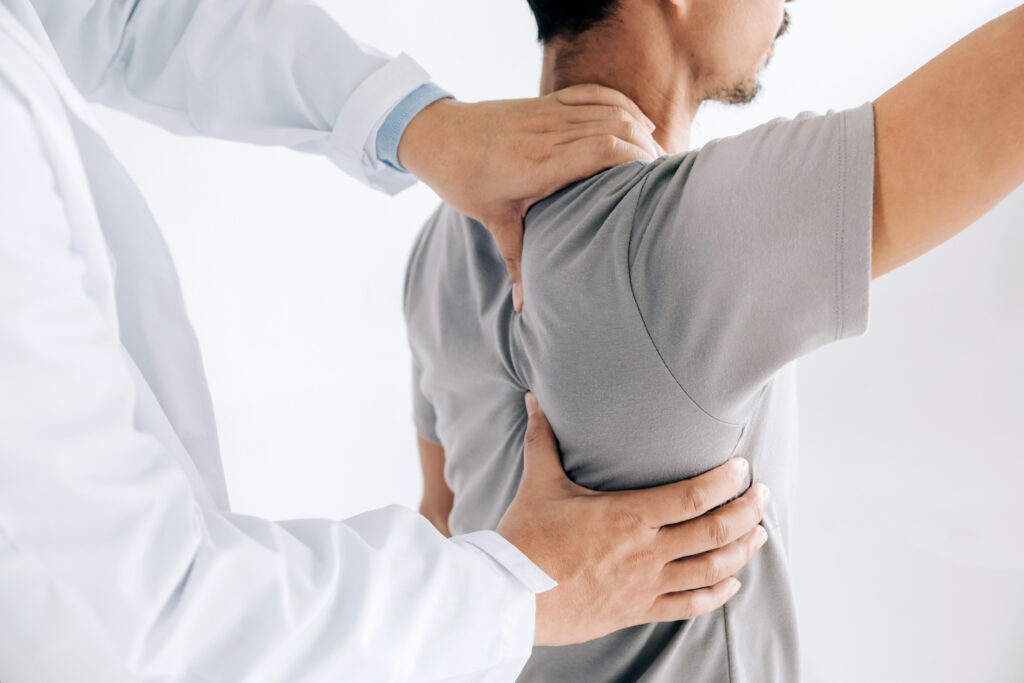THIS IS PART OF THE ULTIMATE GUIDE TO SPORTS MEDICINE
Whether you are running a trail race or running on a trail alone, trail running is a great way to exercise your legs without putting too much stress on your joints. Running on uneven terrain or hard surfaces like pavement can cause a lot of stress on your knees and ankles so having a softer surface under your feet like grass or dirt will give your joints a cushion and put them under less pressure.
Like any physical activity, accidents may occur. Twists, cramps and breaks are some of the most common injuries. Knowing how to prepare and warm up for your run correctly will equip you for a safe trail run. As always, our urgent care offices are open and ready to treat you if an injury occurs.
What are the most common trail running injuries?
Like most running activities, the most common injuries will occur below your waist. You are working your muscles, ligaments, joints and tendons in your hips, legs and feet, and should be careful not to overwork them, even on a trail run.
- Twisted ankles or ankle sprains are a common trail running injury. If you lose your footing or turn your ankle the wrong way, the ligaments in your ankle may stretch and cause you pain. Pay attention to the terrain as well. Avoid loose rocks, sticks or brush in your path.
- Metatarsalgia feels like you have a tiny pebble stuck in your shoe in the sole of your foot. When your foot strikes the ground too many times, it can cause internal bruising and small fractures in your metatarsal bones in the ball of your foot. If left untreated, metatarsalgia can lead to additional pain throughout the foot, hip or back caused by limping.
- If you start feeling heel pain that runs up your calf, you might be experiencing tendonitis in your Achilles tendon. If you are an avid trail runner, you know the terrain is not always level. Hills and slopes cover the length of your run. This can cause stress on the soft tissue in your lower leg since more muscles are engaged to run on hilly surfaces.
- Trail runners need to be more cautious of muscle cramps than road runners. If you’re on a trail, you may not be near anyone to help you like you would be on a road. Drink enough water to hydrate your muscles for the duration of your run to prevent this from happening.
MAKE AN APPOINTMENT WITH A SPORTS MEDICINE SPECIALIST
How should I warm up before a run?
Beginning your run starts far before your feet hit the trail. To prevent injury, try these steps to get the most out of your run.
Before your run:
- Get proper fitting shoes
Wear proper running gear - Drink enough water to hydrate your muscles
- Get enough sleep so your body doesn’t fatigue
- Eat a balanced meal
On the trail:
- Perform dynamic stretches for your hips, legs and feet
- Walk briskly on the trail to warm up your legs
- Start at a light jog to bring your heart rate up
- Increase your speed when you’re ready

What are the risks of trail running?
Even though trail running can be easier on your joints than running on pavement, overusing your muscles or escalating your training too fast can lead to a foot or ankle injury or overuse injury.
Possible risk factors include:
- Adding distance too quickly
- Improper footwear
- Adding too much distance, too quickly
- Poor weather and terrain
- Repeat injuries
Trail running will make you a well-rounded athlete if you run responsibly. It will engage your entire body to adjust to the rougher terrain and changing landscape. Trail running can increase your athleticism if you understand how to warm up and pay attention to what your body is telling you.
Schedule an appointment
Your well-being is important to us. Click the button below or call us to schedule an appointment with one of our orthopedic specialists. If your injury or condition is recent, you can walk right into one of our OrthoIndy Urgent Care locations for immediate care. For rehabilitation and physical therapy, no referral is needed to see one of our physical therapists.





